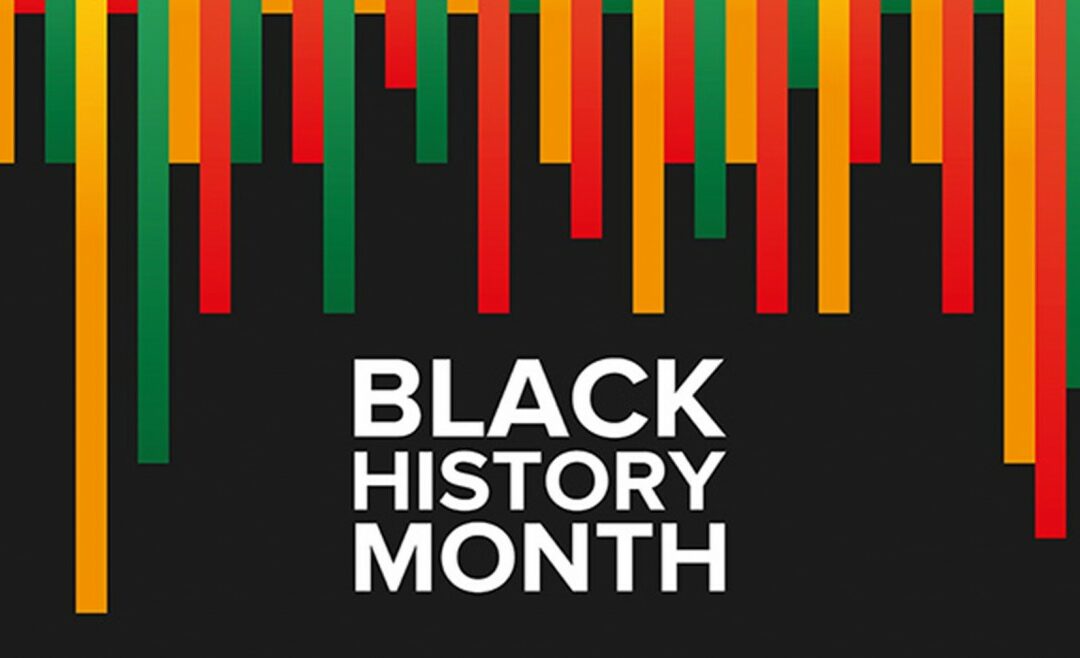February is Black History Month, a time to celebrate, honor, and acknowledge Black people’s accomplishments in our society. In Christianity, so many Black people helped shape the church and fought for the freedom to worship publicly and privately without discrimination. Below are three notable figures in the role of Black people and Christianity in America.
For whatever was written in former days was written for our instruction, that through endurance and through the encouragement of the Scriptures we might have hope. – Romans 15:4
Richard Allen was the first Christian bishop of African descent in North America. He founded the African Methodist Episcopal (AME) Church, one of America’s first truly independent black denominations.
Converted as a teen, Allen preached to anyone who would listen, but he was still enslaved. “I was constrained to go from house to house, exhorting my old companions and telling to all around what a dear Savior I had found,” he wrote in his autobiography. “Slavery is a bitter pill, notwithstanding we had a good master.” Fortunately, he wrote, “a door was opened up unexpectedly for me to buy my time and enjoy my liberty.”
When white circuit rider Freeborn Garrettson joined a Methodist class meeting, Allen convinced him to preach at his unconverted master’s house. Garrettson’s sermon from the Book of Daniel—”Thou art weighed in the balance, and art found wanting”—convicted Allen’s owner, Stokeley Sturgis. Within two months, he contracted to grant Allen and his brother their freedom after paying $2000.
Phillis Wheatley was a renowned poet born in Gambia, West Africa, who was stolen from her parents at age 7, enslaved, and brought to America—bought by Boston tailor John Wheatley as a personal servant for his wife, Susannah. Phillis displayed intelligence and soon began reading and writing poetry.
The Wheatleys attended the famed Old South Meeting House in Boston, where Phillis was baptized at age 18. In England, she achieved some renown with the publication of her Poems on Various Subjects Religious and Moral (1773). It was not until receiving help from evangelical philanthropist Selina, Countess of Huntington, the Phillis’ poems came to the public’s attention. As a result of her apparent gifts, her owners eventually gave her freedom.
Lemuel Haynes was the first black man in the United States to be ordained as a minister and a veteran of the American Revolution. Born in 1753 to an African father and a white woman in West Hartford, Connecticut, Haynes was abandoned and five months later bound to service until 21 to David Rose of Middle Granville, Massachusetts.
Haynes developed a passion for books with very little formal education, especially the Bible and books on theology. As a young person, he frequently conducted services at the town parish, sometimes reading sermons of his own. After being indentured until 1774, Haynes enlisted as a “Minuteman” in the local militia. After the war, he studied Latin and Greek with clergymen in Connecticut, and in 1780, he was licensed to preach. He accepted a position with a white congregation in Middle Granville and married a young white schoolteacher, Elizabeth Babbitt. In 1785, Haynes was officially ordained as a congregational minister. Haynes developed an international reputation as a preacher and writer. In 1801, he published a tract called “The Nature and Importance of True Republicanism…” which contained his only public statement on the subject of race or slavery.

